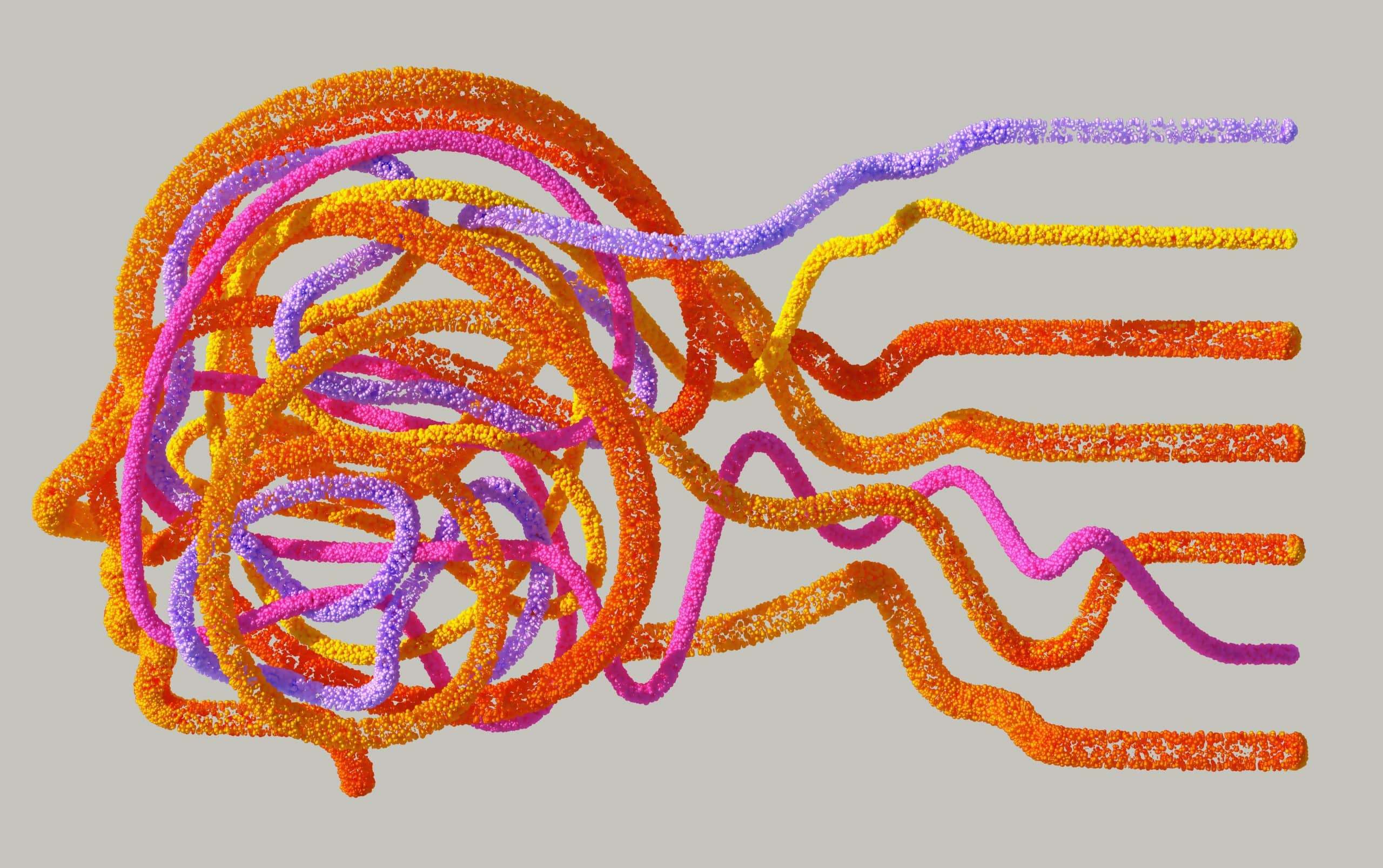Stress and anxiety seem to be constant companions in today’s world. As such, people are turning to mindfulness and meditation to improve their mental well-being. These practices, rooted in centuries of tradition, offer tools to manage the daily pressures of life. They are beneficial whether you are facing work deadlines, personal challenges, or the demands of living. Mindfulness and meditation can help you cultivate a sense of calm, focus, and overall balance.
Mindfulness
Mindfulness is the practice of being fully present in the moment. It involves paying attention to your thoughts, feelings, and environment without judgment. The goal of mindfulness is not to silence your thoughts or feelings. Rather, it is to observe them with a sense of acceptance and curiosity. In our daily lives, our minds are filled with worries about the future and overwhelmed by regrets from the past.
However, mindfulness teaches us to slow down and experience life as it unfolds, moment by moment. When mindfulness is practiced regularly, it helps break the cycle of thinking and reduces negative thinking patterns that can cause stress, anxiety, and depression.
Meditation
Meditation often accompanies mindfulness, but unlike mindfulness, it can’t be practiced throughout the day. Meditation simply involves dedicating a specific period of time to concentrate or reflect quietly. It comes in many forms, but most share a common aim: to develop awareness and a peaceful state of mind. During meditation, individuals focus on their breath or a mantra or simply observe their thoughts without judgment. This practice can lead to reduced stress, improved emotional well-being, and greater clarity of thought.
Mindfulness and Meditation Improve Mental Wellbeing
Practicing mindfulness and meditation offers a wide range of mental health benefits. Some of them include:
Reducing Stress
One of the most well-known benefits of mindfulness and meditation is stress reduction. Stress triggers cortisol release, which can lead to physical and mental strain. However, mindfulness encourages people to approach stressful situations with a clearer and more composed mindset, allowing them to respond more effectively. Similarly, meditation has been shown to decrease the production of cortisol and lower overall stress levels.
Decreasing Anxiety and Depression
Mindfulness-based cognitive therapy (MBCT) programs have been shown to reduce anxiety and depression symptoms greatly. These practices teach individuals to observe their thoughts and feelings without becoming overwhelmed. This helps to break the cycle of negative thinking, often accompanying anxiety and depression. Meditation helps by cultivating an inner sense of calm. It makes dealing with life’s challenges easier without becoming emotionally reactive.
Improving Focus and Concentration
In an era of constant distractions, many people struggle with staying focused. Mindfulness trains the brain to remain fixed in the present moment, improving attention and concentration. Studies show that people who meditate regularly can sustain their attention and perform tasks requiring focus. Meditation also improves cognitive abilities, such as working memory. This creates room for sharper mental clarity and quicker decision-making.
Stimulating Compassion and Empathy
Meditation can encourage individuals to direct positive feelings toward themselves and others. This practice has been shown to increase empathy and compassion, which is important for building strong relationships. Developing compassion can improve overall mental health by reducing feelings of loneliness and promoting a sense of belonging.
Improving Sleep
Many people struggle with sleep disorders due to stress and anxiety. Meditation has been shown to help by calming the mind and promoting relaxation. Mindfulness practices also help individuals detach from the thoughts that often keep them awake at night. This results in improved sleep quality and duration.
How to Incorporate Mindfulness and Meditation into Your Life
Incorporating mindfulness and meditation into your daily routine doesn’t require hours of practice. Even a few minutes a day can make a difference. Here are some simple ways to get started:
- Start with breathing exercises: Set aside five minutes to focus on your breath. Breathe in deeply, then slowly exhale. Whenever your mind wanders, gently bring your attention back to your breath.
- Practice mindfulness during everyday activities: You don’t need to set aside special time for mindfulness. Try practicing mindfulness while eating, walking, or even doing household chores. Pay attention to your movements, the sensations in your body, and your environment.
- Try guided meditation apps: Many apps help you practice mindfulness and meditation. Some of them are Headspace, Calm, and Insight Timer. They offer guided meditation sessions that range from a few minutes to an hour, making it easier for beginners to get started.
Conclusion
Mindfulness and meditation are powerful tools for improving mental wellbeing. By reducing stress, enhancing focus, and improving sleep, these practices offer profound benefits for both mental and physical health. In today’s world, taking the time to slow down, breathe, and be present is a simple yet effective way to cultivate inner peace and well-being.









